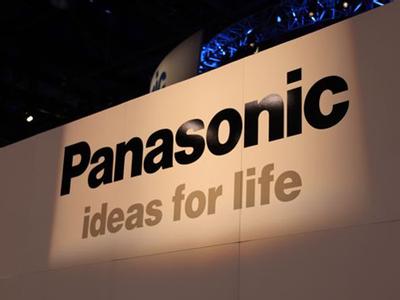 According to foreign media reports, Matsushita will significantly reduce its semiconductor business. It plans to reduce the department’s approximately 14,000 employees to about 7,000 by the end of 2014 and will also negotiate with overseas companies on the sale of some factories. Matsushita plans to shift its semiconductor operating resources from home appliances to automotive and industrial equipment in order to facilitate its survival. Panasonic’s semiconductor business continued to be sluggish, and it has become one of the major reasons for the large losses in the two consecutive fiscal years ending in fiscal year 2012 (as of March 2013). Therefore, following the TV and mobile phone business, Panasonic will continue to accelerate structural reforms.
According to foreign media reports, Matsushita will significantly reduce its semiconductor business. It plans to reduce the department’s approximately 14,000 employees to about 7,000 by the end of 2014 and will also negotiate with overseas companies on the sale of some factories. Matsushita plans to shift its semiconductor operating resources from home appliances to automotive and industrial equipment in order to facilitate its survival. Panasonic’s semiconductor business continued to be sluggish, and it has become one of the major reasons for the large losses in the two consecutive fiscal years ending in fiscal year 2012 (as of March 2013). Therefore, following the TV and mobile phone business, Panasonic will continue to accelerate structural reforms. Japan’s large electronics companies once positioned semiconductors as core businesses to increase the competitiveness of their own products and compete to expand their scale. However, in the price competition with Korean companies, there has been a large-scale deterioration in business. In recent years, the actions to strip off semiconductor businesses have continued. Influenced by the reorganization of Matsushita, Japan's semiconductor industry will be further compressed.
Panasonic’s main semiconductor manufacturing facilities are in Libo, Toyama Prefecture, Uozu City, Toyama Prefecture, Myoko City, Niigata Prefecture, and China, Indonesia, Malaysia, and Singapore. Previously, it has been reducing production capacity, but due to the decrease in sales, fixed expenses have become a heavy burden.
In addition, Panasonic has already negotiated with TowerJazz, a large semiconductor foundry company in Israel, on the sale of some factories. Matsushita hopes to reach a consensus within the year as soon as possible.
This time, it will mainly reduce employees who are engaged in semiconductor business in overseas factories. In Japan, early retirement has been implemented, and the remaining personnel will be mainly allocated to other departments. Due to staff reductions, it is estimated that the fiscal reform fee for fiscal year 2013 (as of March 2014) will be 50 billion yen (approximately RMB 3.151 billion), but it is expected that this cost will be absorbed as performance tends to improve.
In the future, Panasonic will shift the core of semiconductor development from digital home appliances such as televisions and telephones to high value-added automotive and industrial equipment. The company will rely on the company's technical strength in controlling power semiconductors and sensors to increase sales and improve performance.
In fiscal year 2007 (as of March 2008), sales of Matsushita’s semiconductor business had exceeded 400 billion yen (approximately RMB 252.1 million), while in fiscal year 2012 (as of March 2013) it dropped to JPY 184 billion (approximately The total of RMB 115.96 was lost to operating losses.
Big Water Tank Robot Vacuum Cleaners
Big Water Tank Robot Vacuum Cleaners,Ultrasonic Cleaner Water Tank,Robot Vacuum Cleaner,Virtual Blocker
NingBo CaiNiao Intelligent Technology Co., LTD , https://www.intelligentnewbot.com